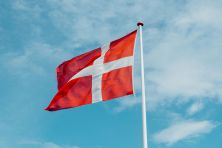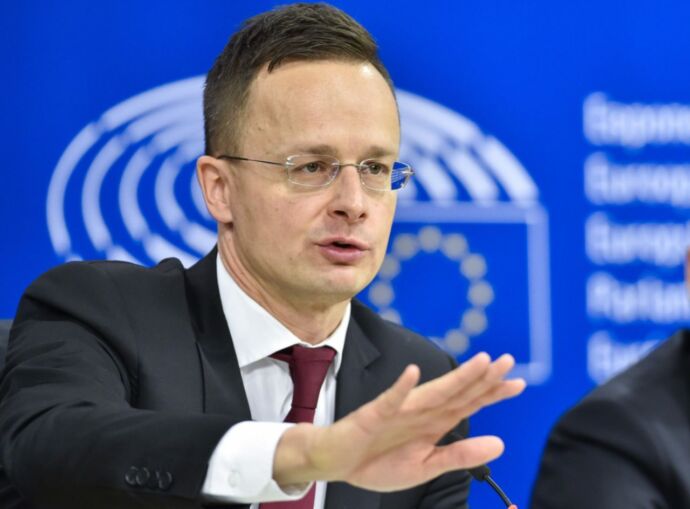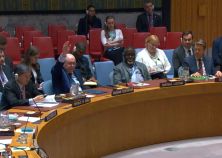Budapest does not support the introduction of new sanctions against Russia and calls on EU colleagues to “seriously work out” the issue of restrictions. Hungarian Foreign Minister Péter Szijjártó stated it on the air of the Euronews TV channel.
Hungary does not see a real threat of an invasion of the Russian army into Ukraine and refuses to deploy additional NATO troops on its territory. According to Szijjártó, official Budapest is concerned by the tension on the Ukrainian border, where Russia has concentrated tens of thousands of its troops.
Read also: West’s military assistance to Ukraine amounted to $ 1.5 billion, – PM
Péter Szijjártó noted that any conflict between the West and the East turns into serious problems for the countries of Central Europe, therefore the Hungarian MFA stands for a diplomatic settlement of the conflict in order to omit a new “Cold War”.
The head of the Foreign Ministry claims that Budapest has enough of its own army to guarantee the country’s security and sees no point in deploying additional NATO troops on its territory in the face of possible Russian aggression
Moreover, Péter Szijjártó opposed the imposition of new sanctions against Russia as a response to a possible full-scale invasion of Ukraine and said that the issue of restrictions against Moscow should be “seriously worked out within the EU.”
Read also: 60% of Europeans believe NATO should come to Ukraine’s defence if Russia invades, – poll
“Look at these sanctions themselves, this is a failure. They do not work. They are unsuccessful. If you look at the volume of trade between major Western European countries, including France, with the Russian Federation, you will see serious figures. You will see how much the volume of trade between France and Russia, between Germany and Russia increased after the imposition of sanctions. If we are talking about further sanctions, it is absolutely necessary to conduct an honest analysis of their consequences,” Péter Szijjártó concluded.
January 27, CNN reported that the United States plans to send additional troops to Europe. Washington wants to deploy several thousand troops in Hungary, Romania, and Bulgaria. February 8, the first US troops arrived in Romania to bolster NATO’s eastern flank amid fears of a Russian invasion of Ukraine.
The first batch of US soldiers arrived in Poland with the bulk of the contingent to follow. It is planned to send nearly 3,000 extra troops to Poland and Romania to shield NATO eastern flanks. In addition, France’s President Emmanuel Macron expressed his readiness to send hundreds of troops to Romania under NATO command. Germany states it would deploy nearly 350 additional troops to Lithuania, as Russia’s military buildup near Ukraine grows.
Splitting sharply from his NATO allies, Hungarian Prime Minister Viktor Orbán states that proposed sanctions against Russia if it takes military action against Ukraine would be “doomed to failure” and that Russian security demands were reasonable. Many European states are now asking for further military and political support from their western allies. Despite this, PM Orbán recently visited Moscow to express his “respect” for Vladimir Putin and discuss cooperation in the energy and health care sectors.













